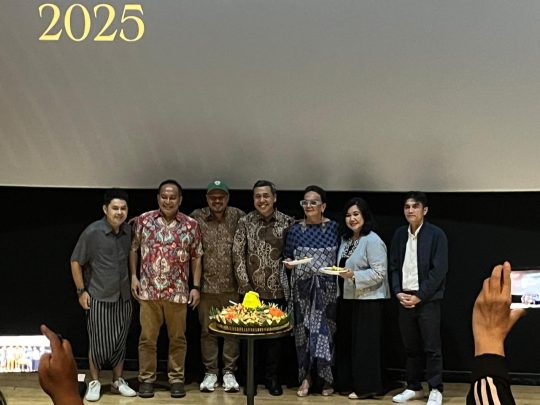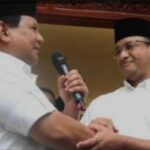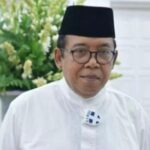“As long as we exist, FFWI will continue to exist.”
Those words filled the room at CGV FX Sudirman, Jakarta, on a Wednesday afternoon in July. The voice of Ahmad Mahendra, Director General of Culture of Indonesia, echoed through walls that had witnessed countless stories immortalized on celluloid. He stood before faces familiar with cameras and words—Christine Hakim, Adisurya Abdy, Zairin Zain, Noorca Massardi—as if reciting a vow.
This was not just an announcement of a name change from *Festival Film Wartawan Indonesia* to *Festival Film Wartawan (FFW)*. This was the reading of a testament.
A Name That Changes, A Spirit That Remains
FFWI—or now FFW—is a festival born from the hands of journalists, for journalists, but also for all who believe that film is more than mere entertainment. “This is a vital part of Indonesia’s film ecosystem,” said Mahendra in the presence of the Chairman of the Indonesian Film Censorship Board, Dr. Naswardi, M.M., M.E., Film Director Syaifullah Agam Ph.D., and a lineup of senior journalists from the Central PWI and PWI Jaya, along with dozens of national film journalists.
For five years, he has guided this festival, from his time as Director of Film, Music, and Media to now holding the position of Director General of Culture.
But behind those numbers, there is one name that never leaves his narrative: Wina Armada Sukardi.
Wina: The Creator Who Now Lives On as a Spirit
“FFW and Mas Wina are inseparable,” said Mahendra, his voice trembling as he spoke the name. Wina, who has passed, was the architect of this festival. He drafted the manifesto of National Hero Umar Ismail, he conceived FFWI, he laid the foundation.
“I met him at the end of his tenure, but his insights on film never ceased,” Mahendra recalled. Here, we see a poetic irony: it was at the end that a meeting could give birth to an eternal loyalty.
Not Just Physical, But Also Spiritual
“This is not just about physical closeness, but also a deep spiritual bond,” Mahendra continued. His words painted a relationship that transcended bureaucracy—a bond between two people who believed in the same ideals.
And now, in Wina’s absence, FFW must stand on its own. “This must be a driving force to improve,” Mahendra asserted. Because for Wina, FFWI was not just a festival. It was a bridge, a stage for appreciation, a space for honesty and critique.
A Legacy That Must Live On
“May the spirit and vision of the late Wina inspire us to make FFW even better,” Mahendra concluded. A simple wish, yet a heavy one. For he was not just speaking of an annual event—he was speaking of keeping a flame alive.
Outside the building, Jakarta remained busy with the hum of engines and ceaseless footsteps. But inside CGV FX, on that Wednesday afternoon, time seemed to pause.
We witnessed a moment where a name changed, a maestro departed, but a spirit endured.
And as long as that spirit breathes—*as long as there are those who remember*—FFW will continue to exist.
Perhaps this is the beauty of a festival born from the hands of journalists: it is a story about stories, a film about films. And like a great film, FFW—once FFWI—will not end with the final credits.
It will keep playing, remembered, and lived.
Just like the memory of Wina.
Just like Ahmad Mahendra’s commitment.
And just like film critiques born from the hands of journalists—stories that never truly end.
CGV FX Sudirman
Festival Film Wartawan Indonesia
Festival Film Wartawan (FFW)
Indonesian Film Censorship Board
Central PWI
(If “Central PWI” refers to a different institution or site, please provide additional context for a more accurate summary.)






